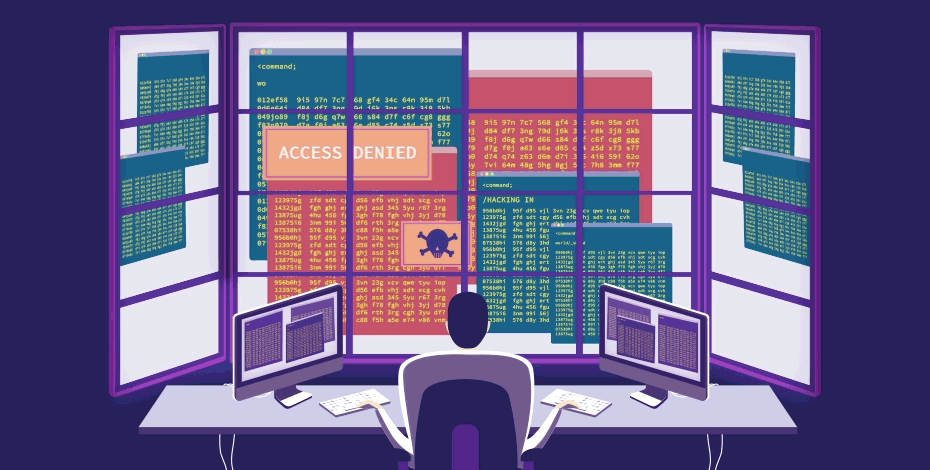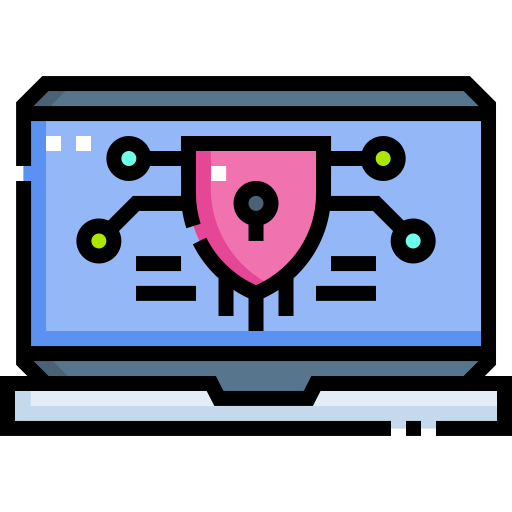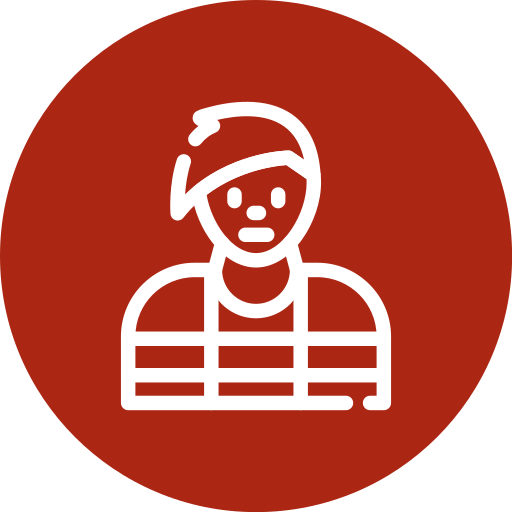So you want to become an information security analyst — a guardian of data, ensuring the integrity and confidentiality of our interconnected world!
Information security analysts contribute to society by safeguarding sensitive data and critical technology systems from cyberattacks.

The path to becoming an information security analyst typically involves a blend of formal education, practical experience, and continuous skill development.
While there isn't one single route, a strong foundation in technology and a commitment to lifelong learning are crucial!
Formal Education: Getting Started
High School Preparation
If you want to become an information security analyst, focus on:
Computer science courses
Mathematics courses
Any other available technology courses
Developing a basic understanding of networking, programming, and databases
Participating in extracurricular activities and cyber competitions such as CyberPatriot

College/University Preparation
A bachelor's degree is generally expected. Focus on majoring in:
Computer science
Cybersecurity
Information technology
Information systems
Computer engineering

Beyond Formal Education: Getting Your Foot in the Door
During your formal education, or after you've completed it, a few key steps will help you become an information security analyst:
Gain practical experience. Internships, entry-level IT roles, or personal projects can provide valuable hands-on experience.
Obtain relevant certifications. While optional, this can help demonstrate specialized knowledge and commitment.
Network with professionals. Attend industry events and connect with others in the field can open doors to future opportunities.

Key Skills to Cultivate
Important core skills an aspiring information security analyst needs in order to protect organizational assets and successfully respond to challenges include:
Communication to explain technical concepts clearly and effectively with both non-technical and technical people, and to write clear incident reports.
Technical skills to understand network fundamentals, operating systems, and common security tools.
Analytical skills to collect, analyze, and interpret data.
Attention to detail to notice strange signs that might indicate a possible security problem.
Teamwork — keeping systems secure is a team effort.
Integrity is vital for maintaining the accuracy, completeness, and trustworthiness of data.

Quiz
Your network monitoring tool reports an unusually high volume of outbound traffic from a web server. The traffic is directed toward an unknown, external IP address. What should your first reaction be?
A Day in the Life
Where do information security analysts usually work?
Government agencies
Business and financial companies (hospitals, banks)
Managed security service providers (MSSPs)
Security operations centers
What's a typical day like?
While the exact duties can vary, they usually include:
Making systems more secure by regularly looking for weaknesses in security data and fixing them before they can be exploited.
Ensuring that security technology is consistently updated and current.
Constantly tracking and ranking new security threats to guide strategic proactive actions.
Working together with different departments to make security processes more efficient and improving how security tasks are handled.
Insights From the Field
It's a jack of all trades. You can go anywhere from, say, an ethical hacker who tests vulnerabilities in a company system, all the way over to incident response, or forensic analyst.
— David Pickett, a senior cybersecurity analyst at Zix about the role of an information security analyst
You’re kind of a warrior out there. You’re out there protecting other people and fighting off the bad guys. And it’s kind of exciting.
— Amy Moses, a security analyst at Speartip, on the role of an information security analyst

Choose the Future Information Security Analyst

Elizabeth
Pursuing a degree in cybersecurity
Likes to figure out how things work
Enjoys working with others
Got 5th place in a National Cyber League competition
Recently got a job as an intern with a bank that involves monitoring networks and analyzing threats

Andrew
Enjoys logical problem solving
Pursuing a degree in mathematics and a certificate in programming
Prefers to work alone
Quiz
Who is best prepared for a career as an information security analyst?
Take Action

To learn more about how to become an information security specialist:
Your feedback matters to us.
This Byte helped me better understand the topic.
